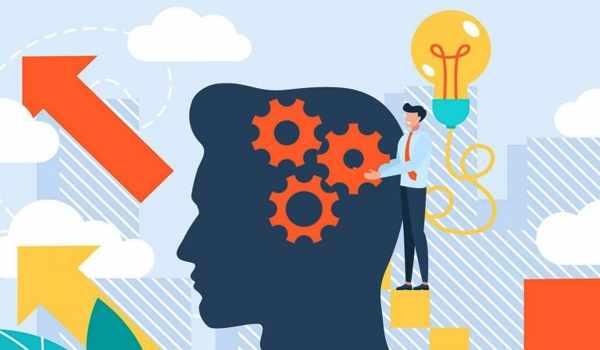Researchers discovered that having someone listen to you when you need to talk is related to greater cognitive resilience. According to a new study, social interaction in adulthood can prevent cognitive decline despite brain aging. A new study finds that supportive social interactions in adulthood are important for your ability to avoid cognitive decline despite brain aging or neuropathological changes like those seen in Alzheimer’s disease.
Researchers discovered that simply having someone available most or all of the time who you can count on to listen to you when you need to talk is associated with greater cognitive resilience – a measure of your brain’s ability to function better than would be expected for the amount of physical aging or disease-related changes in the brain, which many people experience.
Researchers find having someone to listen to you when you need to talk is associated with greater cognitive resilience. A new study shows social interaction in adulthood can stave off cognitive decline despite brain aging.
“We think of cognitive resilience as a buffer to the effects of brain aging and disease,” says lead researcher Joel Salinas, MD, the Lulu P. and David J. Levidow Assistant Professor of Neurology at NYU Grossman School of Medicine and a member of the Center for Cognitive Neurology. “This study adds to growing evidence that people can take steps, either for themselves or for the people they care about most, to increase the odds of slowing cognitive aging or preventing the development of Alzheimer’s disease symptoms – something that is all the more important given that the disease still has no cure.”
Alzheimer’s disease affects an estimated 5 million Americans, a progressive condition that primarily affects people over the age of 65 and interferes with memory, language, decision-making, and the ability to live independently. According to Salinas, while the disease typically affects the elderly, the findings of this study suggest that people under the age of 65 would benefit from assessing their social support. Individuals in their 40s and 50s with low listener availability had a cognitive age four years older than those with high listener availability for every unit of decline in brain volume.

“These four years can be extremely valuable. Too often, we think about how to protect our brain health when we’re much older, after we’ve already lost a lot of time building and maintaining brain-healthy habits decades before “Salinas explains. “But today, right now, you can ask yourself and your loved ones if you truly have someone available to listen to you in a supportive manner. Taking that simple action starts the process that will lead to better long-term brain health and the best quality of life possible.”
Salinas also suggests that physicians consider including this question in the standard social history portion of a patient interview: asking patients if they have access to someone who will listen to them when they need to talk. “Loneliness is one of many symptoms of depression, and it has other health consequences for patients,” says Salinas. “Questions about a person’s social relationships and feelings of loneliness can reveal a lot about a patient’s broader social circumstances, future health, and how they’re really doing outside of the clinic.”
How the Study Was Conducted
The Framingham Heart Study (FHS), one of the longest running and most closely monitored community-based cohorts in the United States, was used as the source of their study’s 2,171 participants, with an average age of 63. Participants in the FHS self-reported the availability of supportive social interactions such as listening, good advice, love and affection, adequate contact with people they care about, and emotional support.
The cognitive resilience of study participants was measured as the relative effect of total cerebral brain volume on global cognition, using MRI scans and neuropsychological assessments administered as part of the FHS. Lower brain volumes are associated with lower cognitive function, and researchers investigated the moderating effect of individual forms of social support on the relationship between cerebral volume and cognitive performance in this study.
Individuals with greater availability of one type of social support had higher cognitive function relative to their total cerebral volume. Listener availability was a key type of social support that was strongly associated with greater cognitive resilience.
According to the researchers, more research into individual social interactions may improve understanding of the biological mechanisms that link psychosocial factors to brain health. “While there is still much we don’t know about the specific biological pathways between psychosocial factors like listener availability and brain health,” says Salinas, “this study provides clues about concrete, biological reasons why we should all seek out good listeners and become better listeners ourselves.”
















